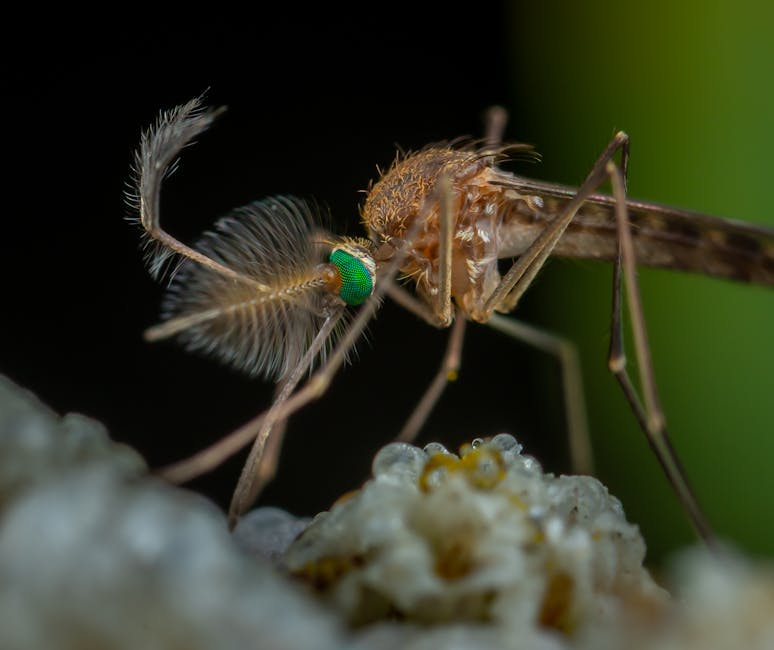The West Nile virus (WNV), a potentially serious illness transmitted by mosquitoes, has been detected in the United Kingdom for the first time.
The virus was identified in mosquito samples collected in the south of England, marking a significant development for public health in the region.
The UK Health Security Agency (UKHSA) confirmed the findings and is actively monitoring the situation.
The WNV primarily affects birds, but can also infect humans and other mammals through mosquito bites.
Most people infected with WNV experience mild flu-like symptoms, such as fever, headache, and body aches.
However, in rare cases, the virus can cause severe neurological illness, including encephalitis (inflammation of the brain) and meningitis (inflammation of the membranes around the brain and spinal cord).
The UKHSA has emphasized the importance of public awareness and preventative measures, such as using insect repellent and wearing long sleeves and pants, particularly during dawn and dusk when mosquitoes are most active.
While the risk to the general public is currently assessed as low, the UKHSA is working to assess the risk to humans and animals.
Surveillance and vector control measures are being implemented to monitor mosquito populations and mitigate potential spread of the virus.
Experts are also tracking the potential impact of climate change on mosquito populations and the spread of mosquito-borne diseases.








